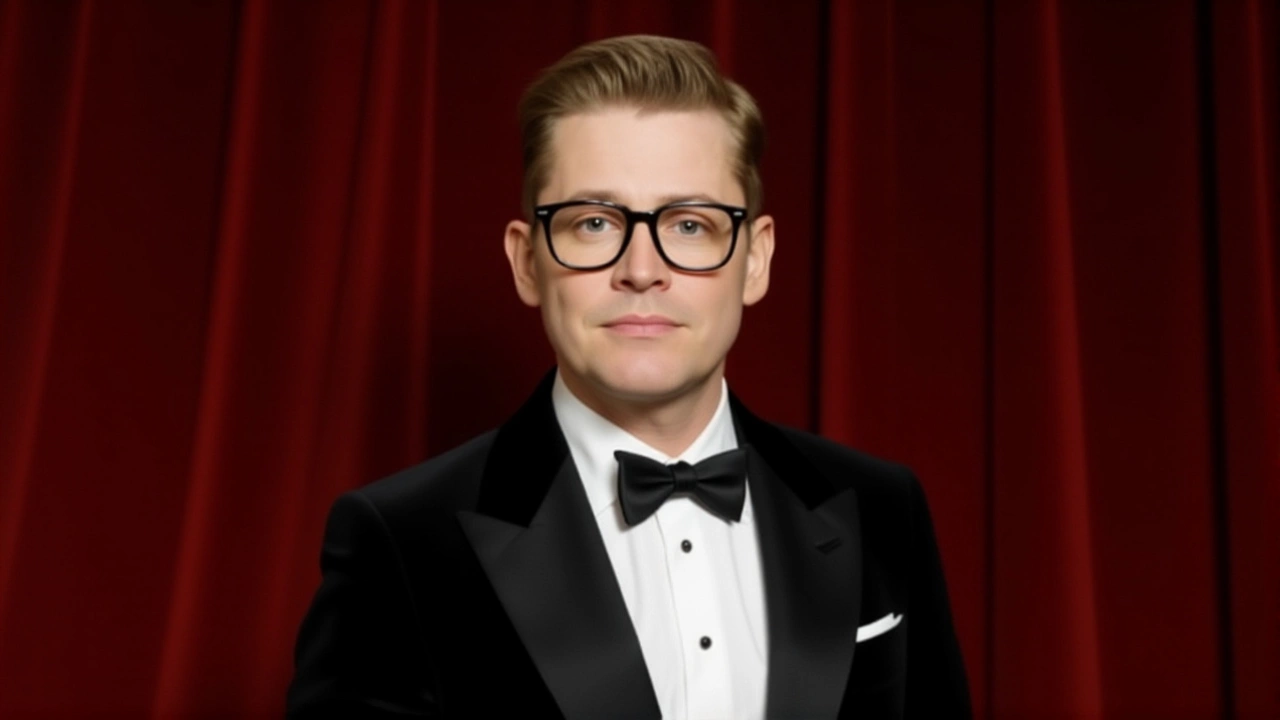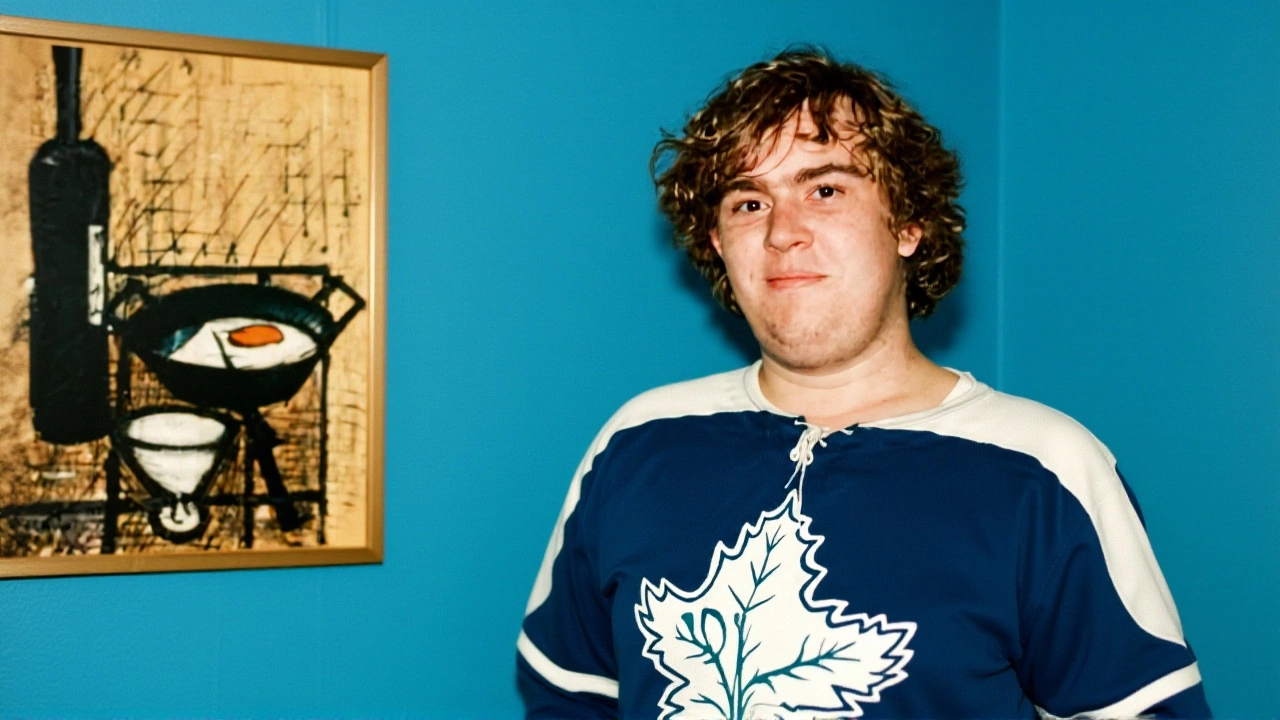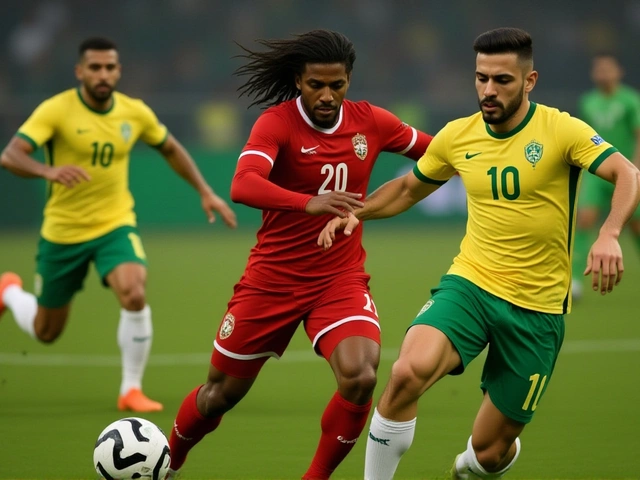
When John Candy looked across the set of Uncle Buck in 1989 and saw a nine-year-old Macaulay Culkin flinch at his father’s voice, he didn’t look away. He leaned in. Asked questions. Kept checking. Kit Culkin, the boy’s manager and father, was already known on set as demanding, controlling, and emotionally volatile — but no one else said anything. Not then. Not until now.
"He Was Already Not a Good Guy"
Thirty-five years after filming wrapped, Macaulay Culkin sat down for interviews with filmmaker Colin Hanks for the new documentary John Candy: I Like MeToronto International Film Festival. What emerged wasn’t just a tribute to Candy’s humor — it was a quiet testament to his humanity.
"Even before the wave crested and the Home Alone stuff was happening, it was not hard to see how difficult my father was," Macaulay Culkin recalled. "It was no secret. He was already a monster."
That word — monster — echoes through interviews with former crew members and child actors from the era. Kit Culkin managed all five of his children’s careers, booking auditions, negotiating contracts, and reportedly controlling their schedules, social lives, and even their speech. He later became infamous for his role in the rise — and unraveling — of the Culkin children’s fame. But in 1989, before Home Alone made Macaulay a global star, Candy saw the cracks.
"Is Everything Good at Home?"
Candy didn’t confront Kit Culkin. He didn’t need to. He knew the power dynamics. Instead, he talked to the boy.
"Is everything all right over there?" Candy would ask, quietly, between takes. "You doing good? Good day? Everything’s all right? Everything good at home? All right?"
Those weren’t idle pleasantries. They were lifelines. Macaulay Culkin remembers them like prayers. "He was just looking out for him," he said. "He was one of the first adults to notice something amiss."
That kind of care was rare. In Hollywood’s late-’80s child-star machine, managers like Kit Culkin were often treated as necessary evils — even by studios. Parents were seen as gatekeepers, not threats. But Candy, who’d grown up in a tight-knit Canadian family and understood the weight of emotional neglect, saw through it.
"It doesn’t happen that often," Macaulay Culkin added. "It actually happened less as time [went on]. I wish I got more of that in my life. It’s important that I remember that. I remember John caring when not a lot of people did."
A Quiet Hero in a Loud Industry
It’s easy to remember John Candy as the lovable, doughy comic who turned every role into a hug — whether he was a bumbling plane attendant in Planes, Trains and Automobiles or a goofy uncle who let a kid run wild in Chicago. But behind the laughter was a man who paid attention.
He didn’t just act. He observed. He listened. And when he sensed danger — emotional, psychological, invisible danger — he didn’t wait for a union rep or a producer to step in. He showed up for the kid.
That’s not the kind of thing studios rewarded. It’s not the kind of thing that makes headlines. But it’s the kind of thing that stays with a child for life.

What Happened After 'Uncle Buck'?
After Uncle Buck, Macaulay Culkin became the biggest child star in the world with Home Alone in 1990. The money poured in — $4.7 million for the sequel alone. But the pressure intensified. Kit Culkin reportedly controlled the earnings, arranged interviews, and limited Macaulay’s access to friends and normal childhood experiences.
By 1994, when John Candy died suddenly of a heart condition at age 43, Macaulay was already retreating from Hollywood. He later described his father’s behavior as "abusive, physically and mentally" — though no criminal charges were ever filed. In 2018, he published a memoir detailing years of emotional manipulation and isolation.
He never spoke publicly about Candy’s quiet interventions — until now. And that silence, for decades, says something too.
Why This Matters Now
This isn’t just nostalgia. It’s a mirror.
In 2024, as more former child stars come forward — from the Brady Bunch kids to the Disney Channel generation — we’re finally asking: Who was watching? Who spoke up? Who protected them?
John Candy didn’t have a title. He wasn’t a social worker. He wasn’t a lawyer. He was a guy in a flannel shirt, eating pizza between takes. But he saw a child in pain. And he did something simple, and radical: he asked if he was okay.
That’s the legacy the documentary leaves us with — not just Candy’s jokes, but his decency.
Frequently Asked Questions
How did John Candy’s behavior toward Macaulay Culkin differ from others on set?
While most adults on set treated Kit Culkin as a necessary authority figure, Candy treated Macaulay as a person. He didn’t interrogate or confront Kit directly — he quietly checked in with the boy, using gentle, repeated questions like "Is everything good at home?" That subtle, consistent attention was rare. Most crew members avoided conflict, but Candy prioritized the child’s emotional safety over protocol or convenience.
Why didn’t anyone else intervene when Kit Culkin’s behavior was obvious?
In Hollywood’s child-star economy of the late ’80s and early ’90s, parents were often seen as the gatekeepers to talent — and their control was normalized. Studios feared losing access to profitable child actors, and unions lacked protocols for emotional abuse. Even when concerns arose, they were dismissed as "family dynamics." Candy’s intervention stood out precisely because it was so unusual — and so quiet.
Did Macaulay Culkin ever thank John Candy publicly before this documentary?
No — not until now. Despite Candy’s death in 1994 and Macaulay’s later fame, he never publicly credited him for his protection. In interviews over the years, he spoke about his father’s abuse but rarely mentioned Candy. His silence wasn’t indifference — it was likely the weight of grief and the rarity of such kindness. The documentary marks the first time he openly acknowledged Candy’s role in his survival.
What impact did Kit Culkin have on Macaulay’s later life?
Kit Culkin’s management led to Macaulay’s early fame but also profound isolation. He was homeschooled, denied peer relationships, and reportedly pressured into public appearances even when unwell. Macaulay later described the experience as traumatic, leading to years of depression and estrangement from his family. He cut ties with his father in his 20s and has since rebuilt his life away from Hollywood.
Is there evidence that John Candy’s concern influenced the production of 'Uncle Buck'?
No formal changes were made to the production, and there’s no record of Candy raising concerns with producers. But his behavior created a safe space for Macaulay during filming. Crew members have since recalled Candy’s protective demeanor as unusual — not confrontational, but deeply consistent. That emotional safety may have helped Macaulay deliver one of his most natural performances, despite the pressure.
How does this revelation change how we view John Candy’s legacy?
Beyond the laughs, this shows Candy as a moral compass — someone who used his presence not for fame, but for protection. In an industry that often exploits children, he chose compassion over silence. His legacy isn’t just Planes, Trains and Automobiles or Spaceballs — it’s the quiet moment when he asked a child if he was okay, and actually listened to the answer.


